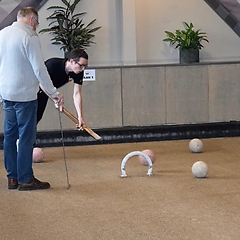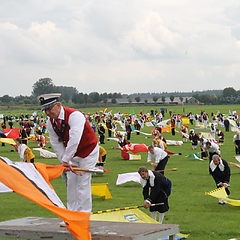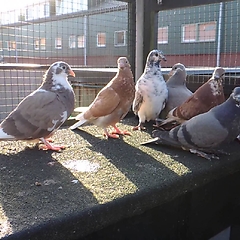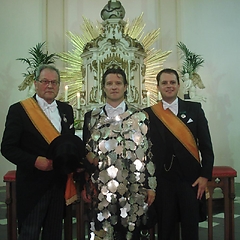Under the slogan: ‘a chance for you, a chance for them’ a good causes lottery sells its lots to entrants. In the lottery prize winners are selected (that is ‘a chance for you’). The revenues of the lottery tickets sale good causes are supported (that is ‘a chance for them’). Half of the revenues are thus spent on and through organisations that work in the field of welfare, sport, culture, environment, our fellowmen or health. The lotteries themselves choose the good causes or the social issues they want to donate their revenues to. The good causes, on the other hand, are free to spend the money within their own objectives and framework. The game mechanism may vary per lottery. One lottery goes by postal code, another one by bank account number and a third one by selling lots with unique numbers. Each lottery determines in advance the number of drawings per year, to be done by a notary. From the 50% of the revenues that does not go to good causes, 30% is intended as prize money and 20% for organisation costs.



